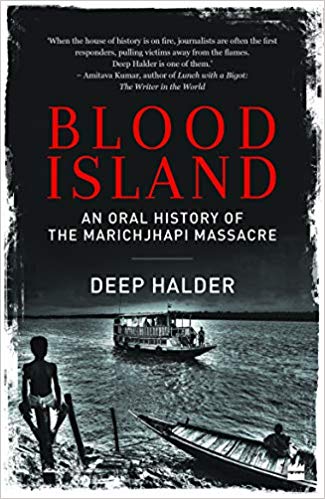
#BookOverview 'The Meaning of India'
by Raja Rao
A combination of fables, journeys, discussions and meditations, The Meaning of India advances the view that India is not just a geographical entity, or even a civilization-state
@IndicaBooks #1000ReviewersClub
by Raja Rao
A combination of fables, journeys, discussions and meditations, The Meaning of India advances the view that India is not just a geographical entity, or even a civilization-state
@IndicaBooks #1000ReviewersClub
India is, above all, a metaphysic, a way of being and regarding the self and the world
Drawing on a wide range of sources-including the Vedas, the Upanishads, the Ramayana, the Mahabharata, the Gita, the Buddha, Sankara, Bhartrihari, Kalidasa, Dostoevsky, Valéry, Rilke, Mann...
Drawing on a wide range of sources-including the Vedas, the Upanishads, the Ramayana, the Mahabharata, the Gita, the Buddha, Sankara, Bhartrihari, Kalidasa, Dostoevsky, Valéry, Rilke, Mann...
...and Mallarmé-as also meetings with Gandhi, Nehru, Forster and Malraux, Rao teases out the implications of Advaita or non-dualism, which he regards as India's unique contribution to the world
First published in 1996 when he was eighty-eight years old, this selection of nearly six decades of Raja Rao's non-fiction is an audacious contemplation on the deeper significance of India
Click here for Reviews & Purchase Links: indicbookclub.com/book/6022053b5…
• • •
Missing some Tweet in this thread? You can try to
force a refresh







